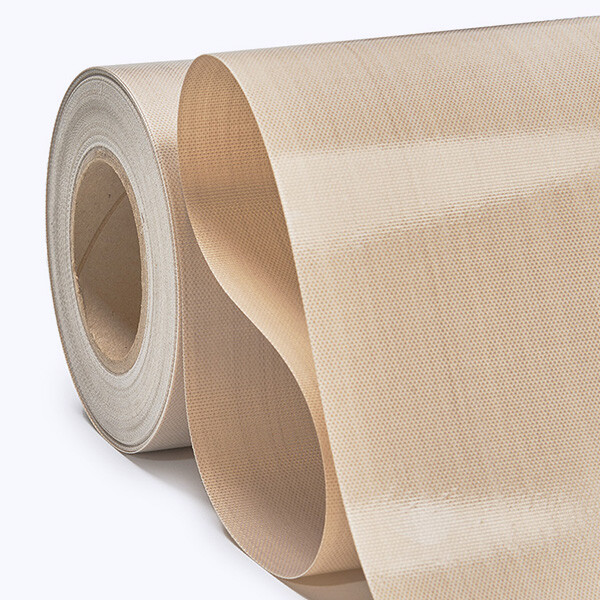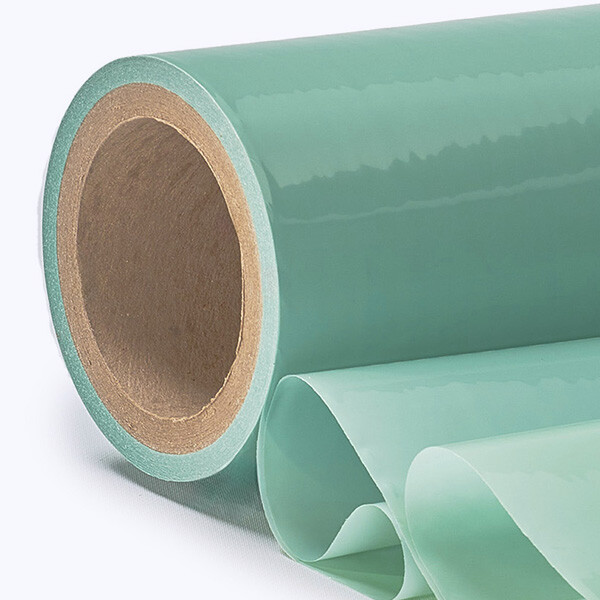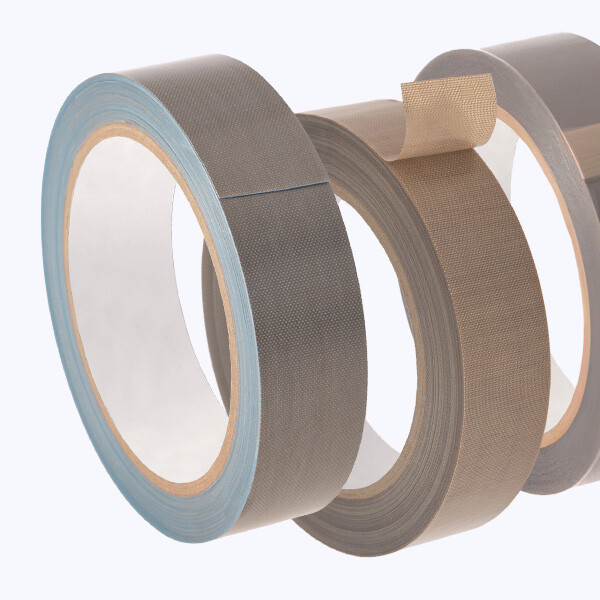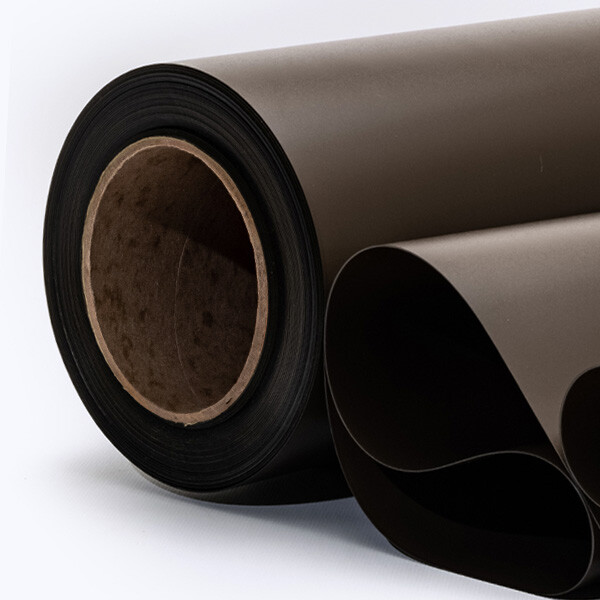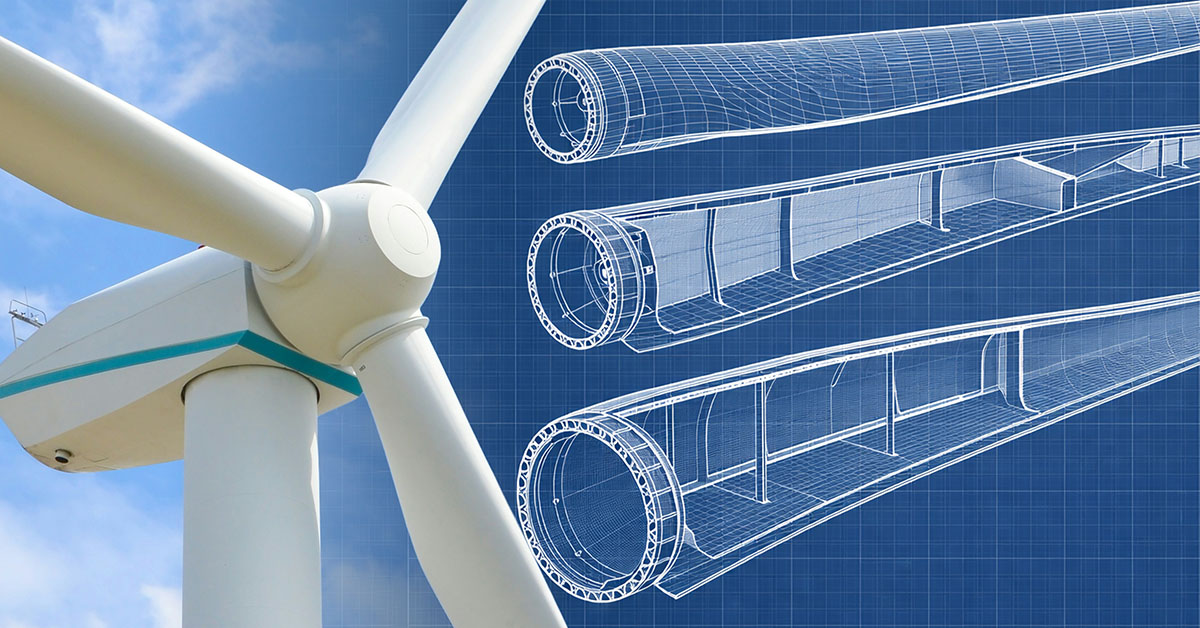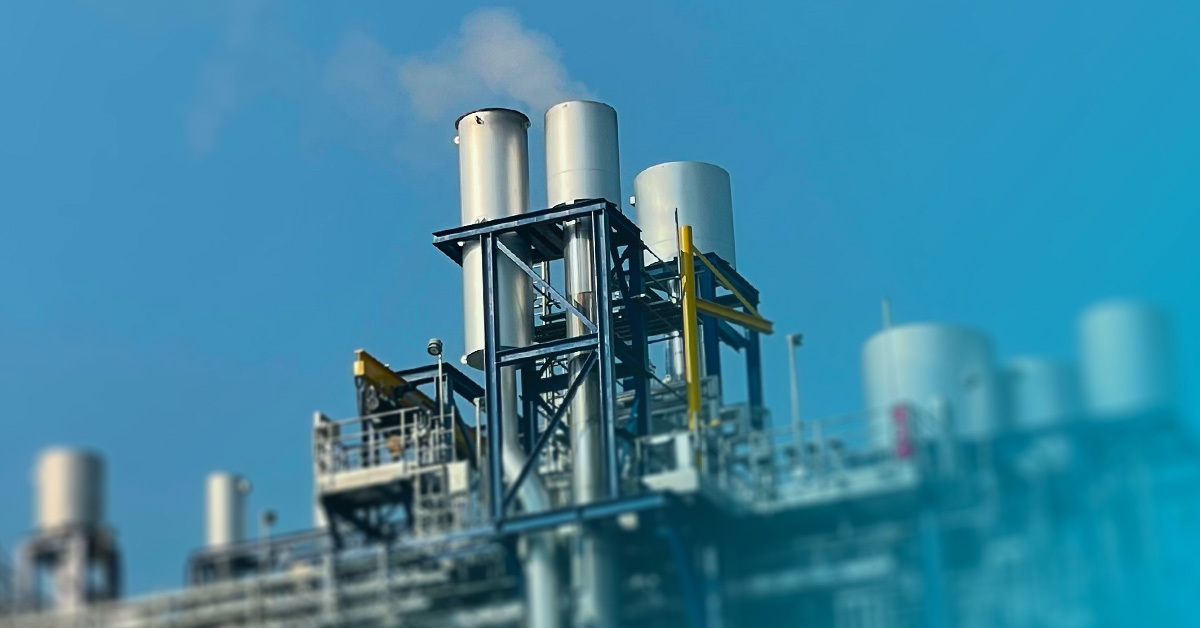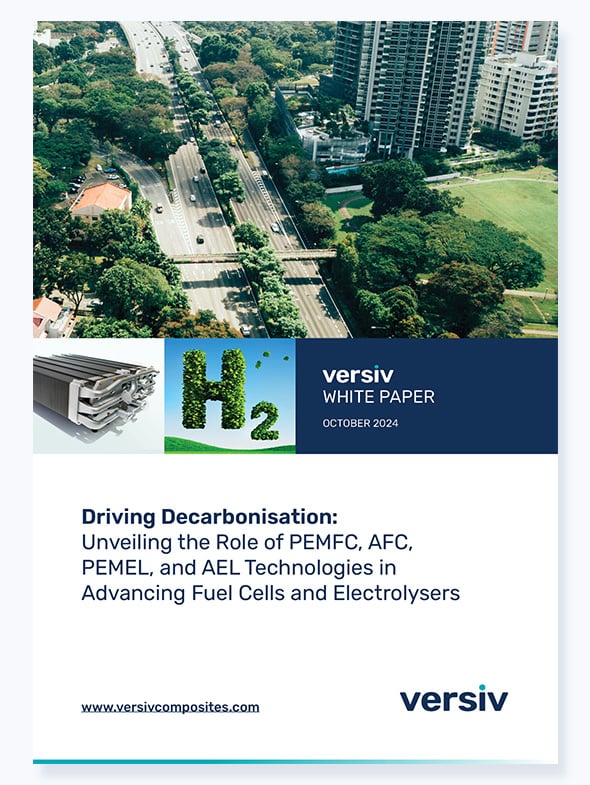Decal substrates for fuel cell Catalyst Layer production
Problems solved:
- Thermal hysteresis
- Non-perfect wetting
- Non-perfect transfer
Applications:
- Processing aids for catalyst coating and lamination of Membrane Electrode Assemblies (MEA)
Versiv Products of Choice for Catalyst Layer Production
Features
- Low thickness tolerance
- Excellent non-stick surface
- Excellent dielectric properties
- Superior chemical resistance
- Excellent smooth surface
- Low shrinkage/hysteresis
- Excellent heat transfer
- High temperature resistance up to 260°C / 500°F
Benefits
- Improved productivity due to higher process speed
- Optimal release, allowing both wettability and release
- Low risk of creasing
- Less downtime
- Consistent production processes
- Low risk of failure due to chemical inertness
- Increased cell efficiency by thinner catalyst layers

